Over the past 5 years, we’ve had the privilege of learning from hundreds of Relationship-Centred Practitioners about how they’re putting relationships first in the work that they do. Earlier this year, we developed a Framework for Relationship-Centred Practice which explores the different layers that need to be in place for this way of working to become embedded in an organisation, service or community. We’ve received lots of useful feedback on the Framework, and encouragement to take it a step further.
In this blog, we share our plans to develop a Pattern Library for Relationship-Centred Practice and invite you to journey with us as a ‘critical friend’
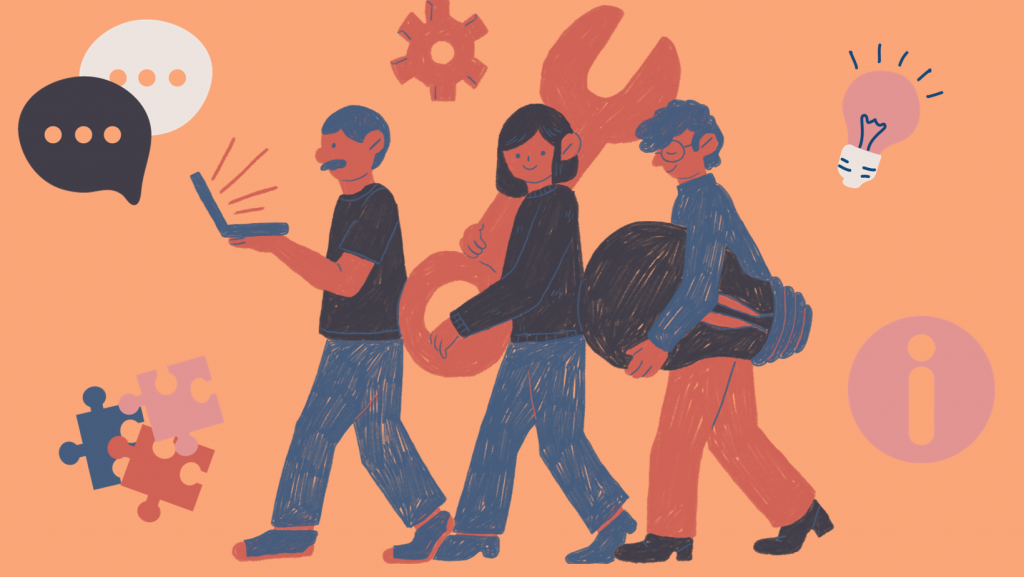
What is a ‘Pattern Library’?
The term ‘Pattern Library’ isn’t yet in the dictionary so we’re giving ourselves a bit of creative license when it comes to defining one. Here’s what we understand so far:

‘Patterns’ describe problems or opportunities that crop up repeatedly in a specific practice or approach, and share tried and tested ‘solutions’ to those problems
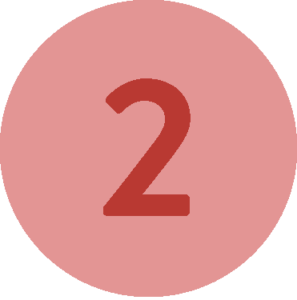
A ‘Pattern Library’ is a mechanism by which ideas and approaches can be shared across a group of people who share a set of objectives or values

Pattern Libraries are developed for a number of reasons, from driving efficiency to increasing consistency to enabling peer support and peer learning
To date, Pattern Libraries are most commonly found in the world of website development, though we’re particularly inspired by the Design Patterns for Mental Health
A Pattern Library for Relationship-Centred Practice
Over the past 5 years, we’ve had the privilege of learning alongside hundreds of practitioners who are putting relationships first. Through dozens of convenings and hundreds of conversations, we’ve born witness to the questions that repeatedly crop up (e.g. how do I build relationships that share power and centre equity?), the common challenges of working relationally (e.g. the emotional energy it takes to work in this way), and hard earned wisdom on ‘what works’ when it comes to centring relationships (e.g. around active boundary setting and creative approaches to measurement).
When we came across the concept of Pattern Libraries, we were intrigued.
Could it offer a useful structure by which hard earned insight and experience around how to put relationships first can be shared?
Could it become a space to which those who are curious about Relationship-Centred Practice can find guidance and inspiration from those who are further along in their journeys?
Could it become something that we, as a field of practitioners, can point to as a source of shared identity and validation?
What do we mean by Relationship-Centred Practice?
Relationship-centred practice puts relationships first. It unlocks potential and meets need by positioning meaningful and effective relationships as the first order goal, both an end in itself and the means by which other goals will be achieved (like better health, stronger communities, greater job satisfaction)
We think Relationship-Centred Practice is characterised by empathetic behaviours such as positive listening, active collaboration, a commitment to continuity, kindness and mutual trust and it is sustained and developed with continuous reflection and learning. There is a shared sense of purpose and also of agency – “we can do this together”. Without creating the conditions for reciprocity, for safety and for shared vulnerability, it is not relational.
Relationship-Centred Practice holds a capacity for challenge, for containing tensions alongside compassion and forgiveness. It focuses on assets rather than deficits and has sufficient versatility to adapt the practice to the individual rather than fit the individual to the programme. It is informed by experience, but not scripted. The most effective relational practice is not enforced from without. It is compelled from within, willing and dynamic.
The search for Critical Friends
As ever, we have more questions than we do answers. So, we’re planning to run a prototyping exercise from January – April 2024 to explore:
- What a Pattern Library for Relationship-Centred Practice might usefully contribute
- Who might find it useful
- What it might cover in terms of content
- How it might be built on and developed over time
We’re looking for some ‘critical friends’ to come on this journey with us and help shape the development of the Library. As a critical friend you would:
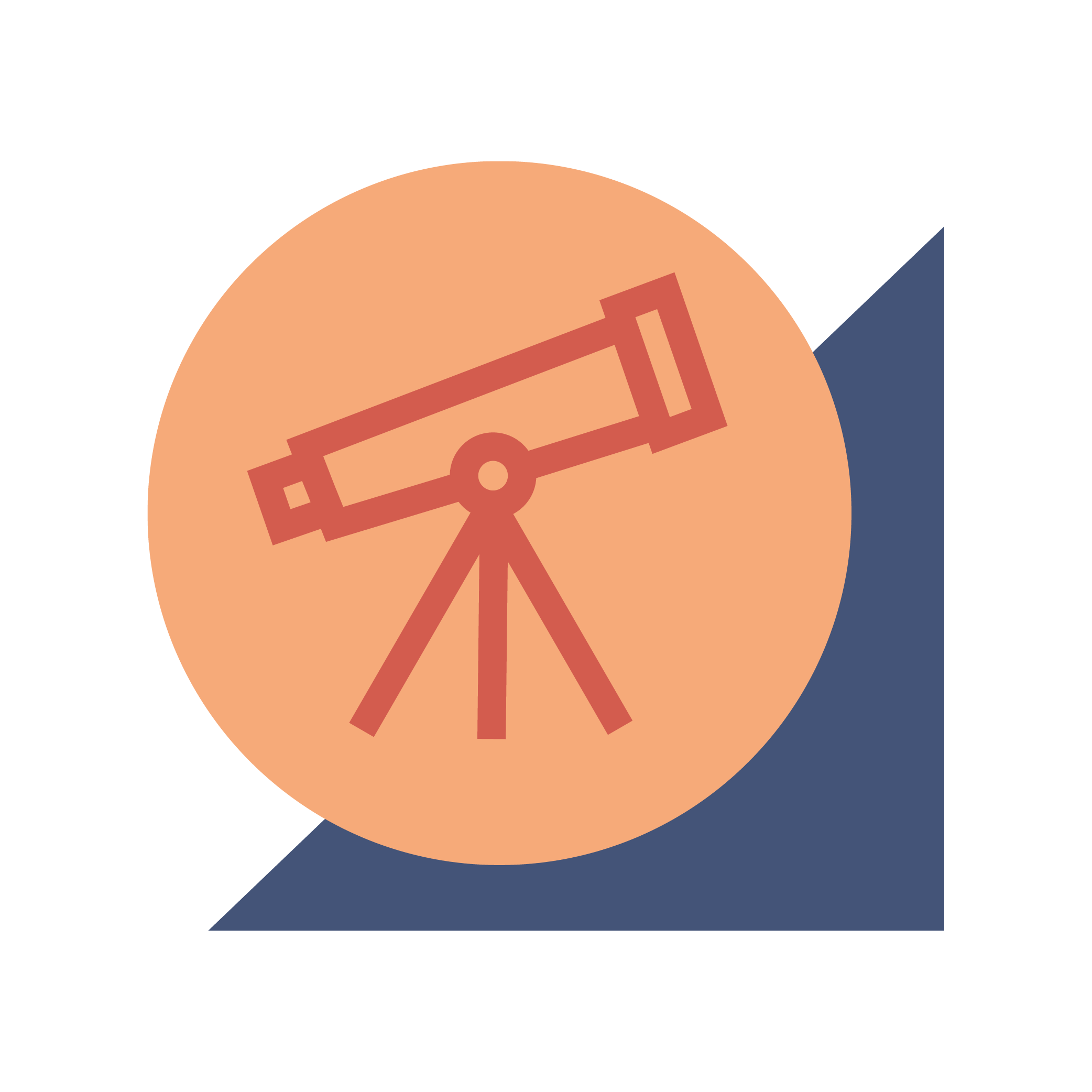
Help us understand how you might engage with a Pattern Library and what would make it most useful
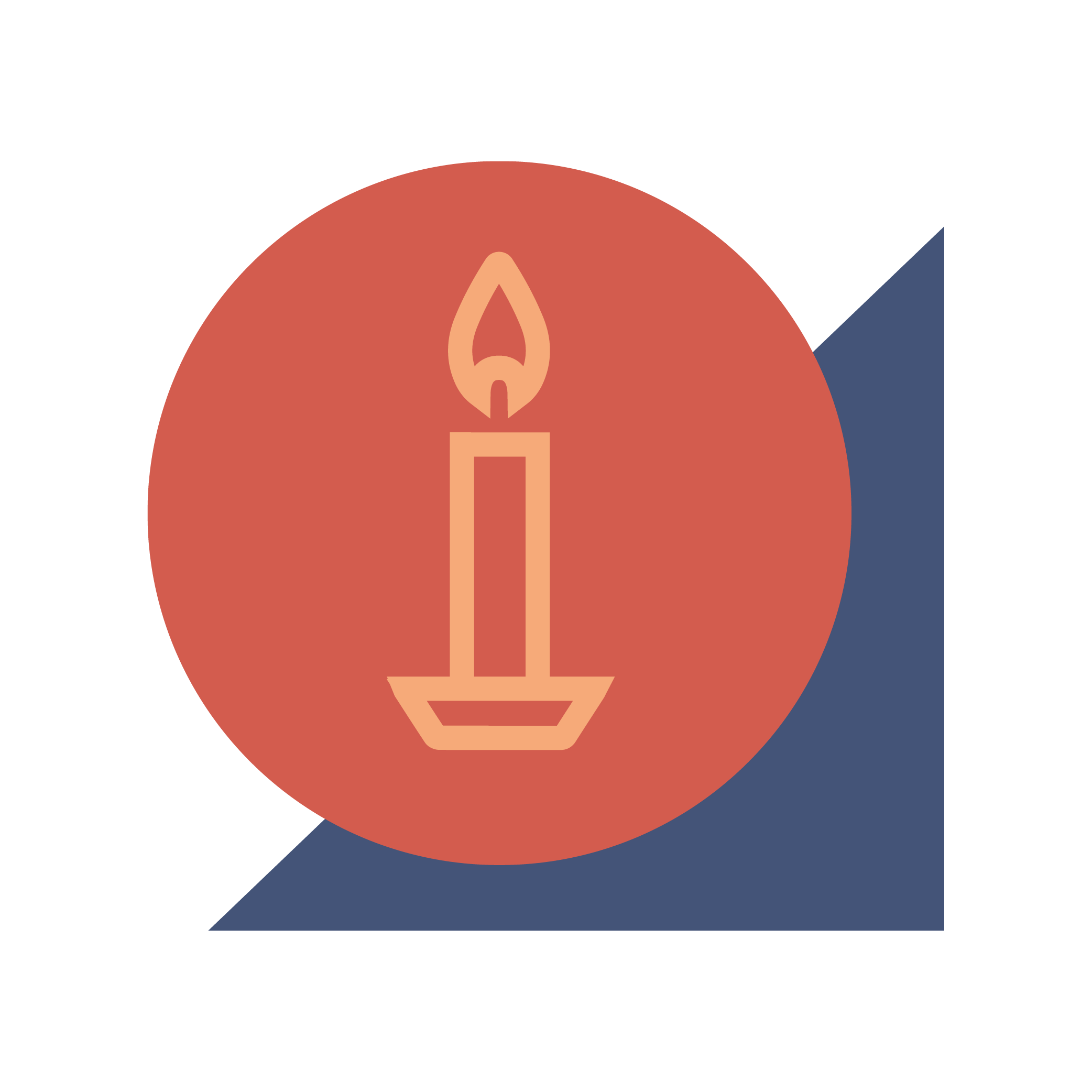
Tell us about the challenges you face in working relationally and how you overcome these
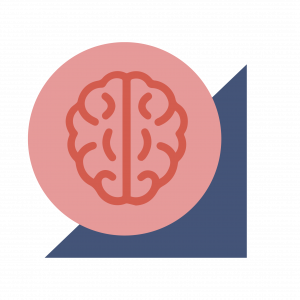
Share feedback, insights and suggestions as the Library begins to take shape
You can choose how you’d like to be involved. Chat with us 1-1, join a hosted group, or invite us to your organisation or place of work to meet people who would like to engage in this journey with us. We are able to pay people for their time in either cash or vouchers, and can cover the cost of freeing up your time if you have caring responsibilities.
We’re aware the majority of our audience at the moment tends to be white, middle-class and female, and the two people running this project are part of this demographic. Pattern Libraries, like many other resources, apply sets of values when guiding people towards a solution.
We want to do our best to ensure this library is designed in a way that values and includes a wide range of diverse Relational Patterns. For this reason we’d particularly like to hear from Relationship-Centered Practitioners who are male, LGBTQ+, people of colour or have a disability. We’d also like to hear from Relationship-Centered Practitioners who experience or serve people who are affected by, or experience, systems of oppression and inequality.
If you have any questions or comments about this opportunity please email hello@relationshipsproject.org.
The evolution of this work
The Relationships Project is in its fifth year of being and we see the Pattern Library as an exciting next step in the development of the field. In building the library, we have much to draw on, both internally and externally. Here are some of the things in our own repository that we’ll be drawing in:
- Case studies: Developed in 2019, this bank of case studies helped shape our early understanding of relationship-centred practice and the impact it can have
- Relationships Heatmap: Developed in 2021, the Heatmap is an interactive diagnostic tool which supports practitioners to reflect on the warm and cool spots in their relationship-centred practice
- Framework for Relationship-Centred Practice: Initiated in late 2022, the Framework draws together our understanding of the conditions that need to be in place for Relationship-Centred Practice to become embedded
- Relationships Resource Repository: Ever-growing, the Relationships Resource Repository draws together useful resources on all things relationships
- Relationships Map: Set up in 2023, the Relationships Map is a growing directory of the many brilliant individuals and organisations who are putting relationships first in all that they do
More from the blog

Ten Top Tips for working with new governments
In brief In a breakout session at the Changing our Permissions event on July 12th we discussed working with the new government. We heard from Rob Mc Cabe about his experience of working on changing systems with the Birmingham Pathfinder team and others contributed...

Hearts vs handbooks? Relationship-centred practice in schools
In brief In this blog, Verity Howorth - Relationships Collective member and Director of Training at Reach Foundation - speaks to Jonathan Black, Headteacher at Bridgewater College Academy, about the need to centre relationships in our schools. Only by doing so, they...
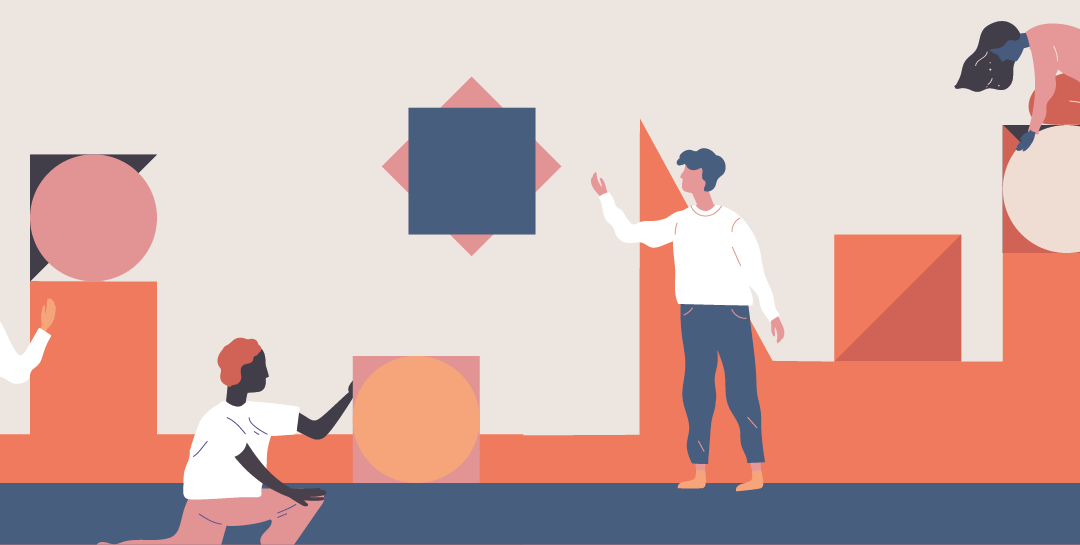
We’re looking for another team member
In brief The Relationships Project is on the lookout for someone to join our tiny core team to help shape and deliver our work, initially over 2 days a week for a 12 month period. We’re at an exciting transitional moment in our work, with our Lottery funding coming...
